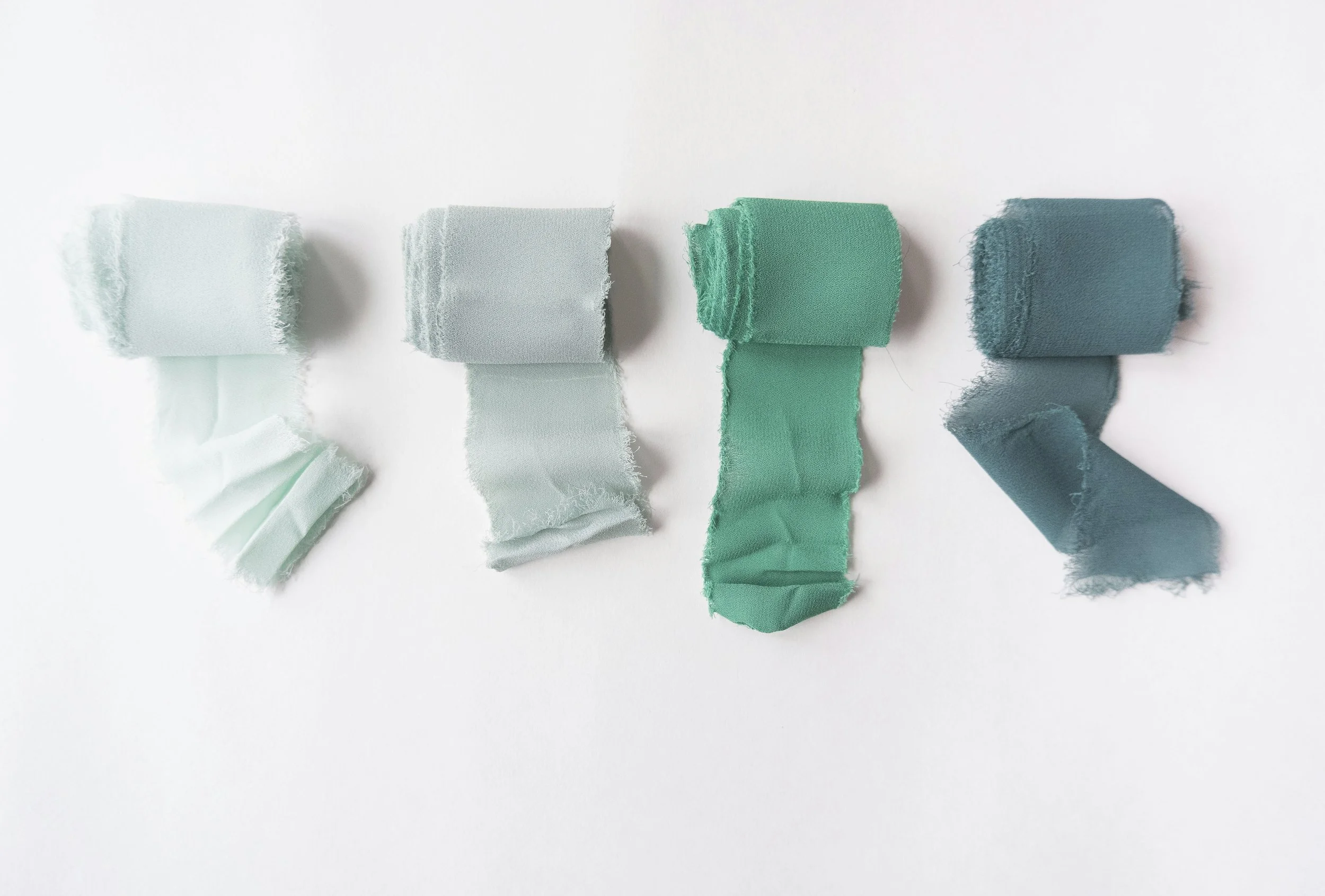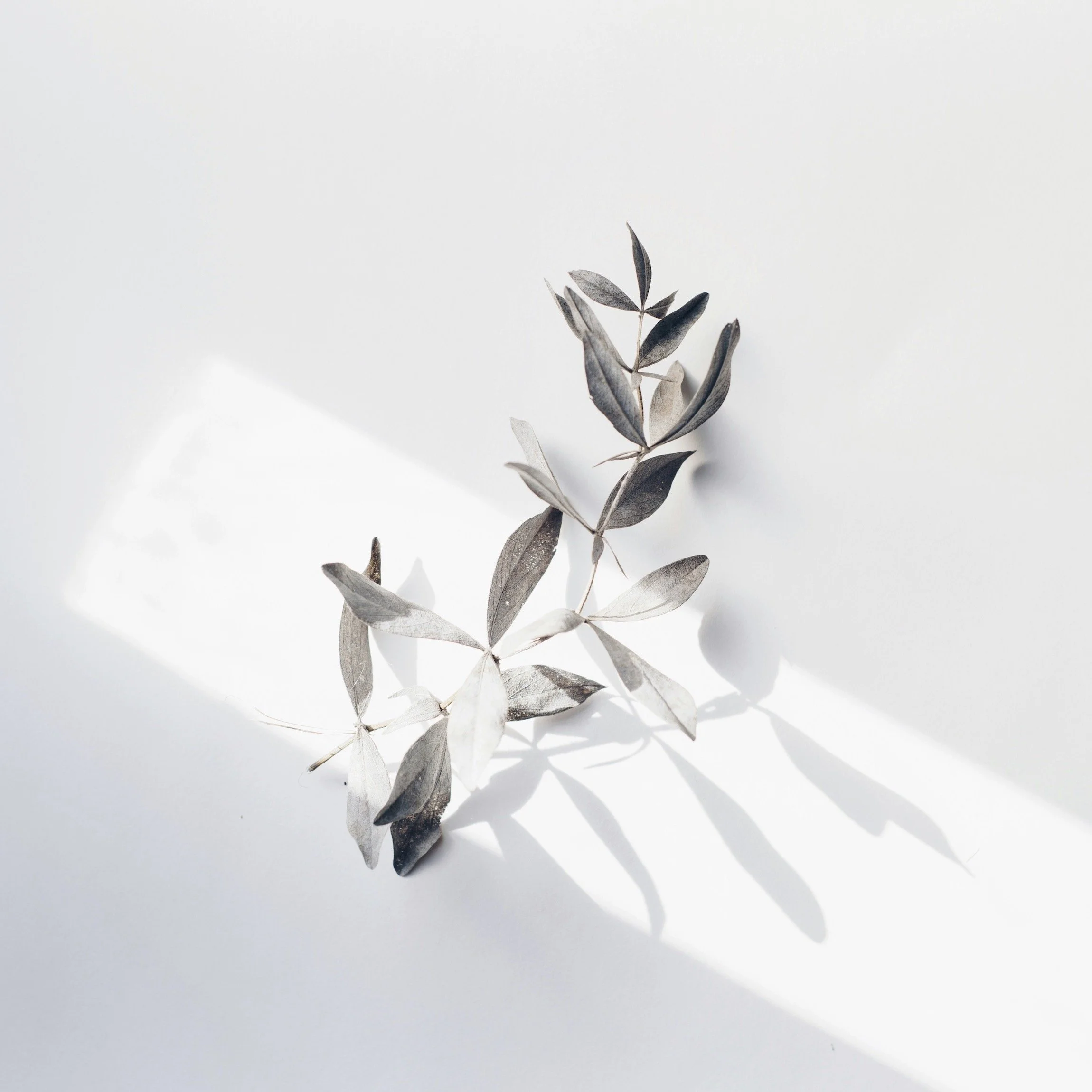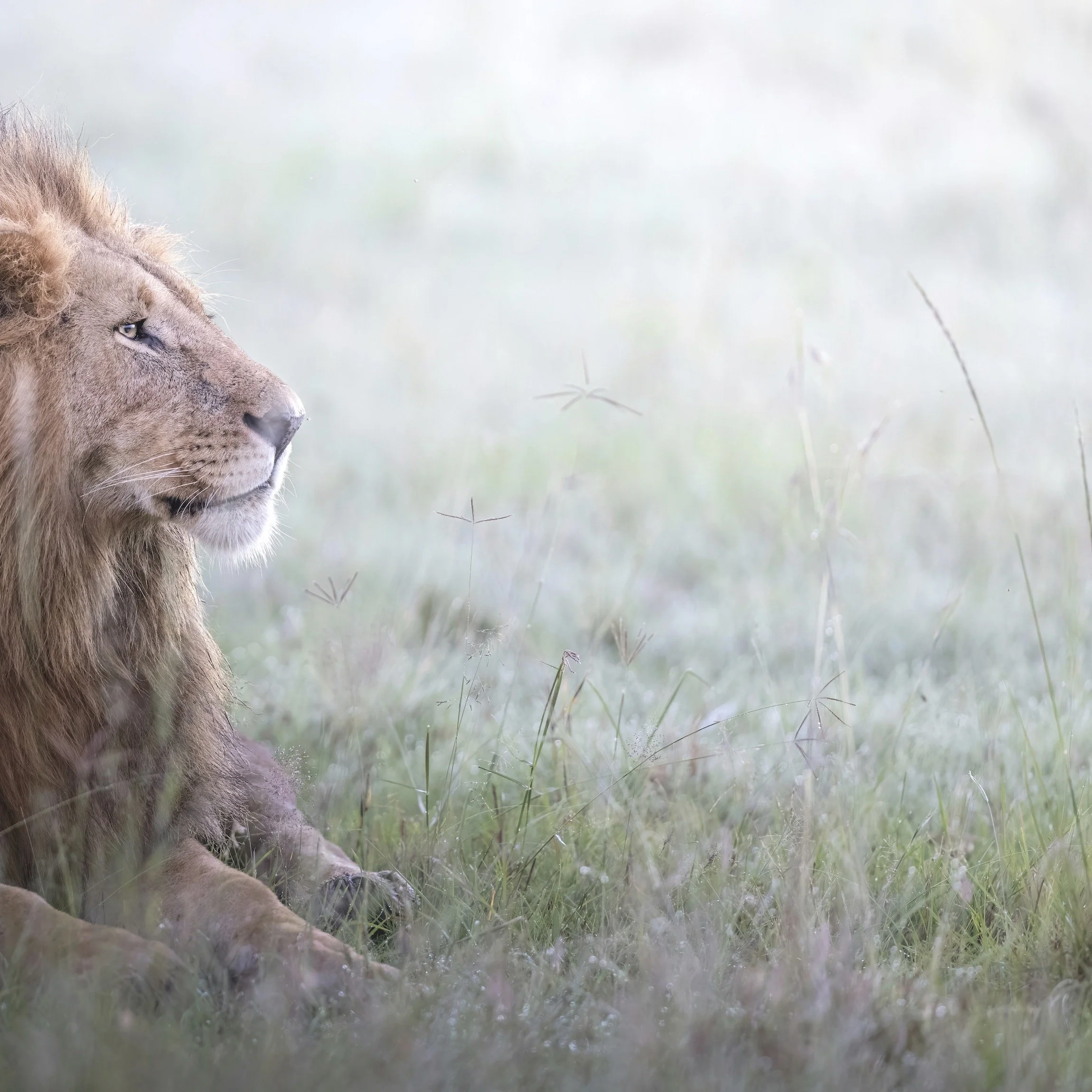Surgery
The first cut is the deepest.
– Sheryl Crow
Two days ago, I had surgery for the first time. Or as I told myself afterwards: I didn’t have surgery; I had drugs! Apparently the right cocktail of versed, fentanyl and propofol can give you the best nap of your life. I remember the nurses sticking on cardiac leads, strapping my arms out to the sides (I may have made a comment about the crucifix); I recall marveling at the high resolution of my breast images on multiple large monitors; and next thing I know, I woke up in the most comfortable haze, curled up in the postop bay with my torso wrapped tight in bandages and half my breast gone. Drugs.
What I do remember were the wire placements, which took the whole morning and a surprising number of people and machines. The surgeon and radiologist had conferred the night before and decided that a combination of four wires would best “geometrically triangulate” the dimensions of the cancerous areas—each wire would be like an arrow, pointing to superior, inferior, or lateral planes. This meant four separate, sequential insertion procedures, two done under mammogram and two under ultrasound, with copious imaging before, during and after to fine-tune placement.
I’ll also remember the small kindnesses of the day: the hug the nurse who put in my IV gave me after she finally got it on the third try (I told her I would name that dorsal hand vein after her). The warm blankets my preop nurse layered on. The jokes I traded with the mammogram tech about how all breast cancer centers feel like anti-spas (pink-patterned gowns, white robes, but oh yeah, the needles). The radiologist who stared kindly straight into my eyes and talked to me about her family for ten whole minutes to distract me from sharp things being inserted into my compressed breast. The wink of the ultrasonography tech as I lay by her on my side. The OR circulating nurse who let me keep my glasses on as I was wheeled in so I could see what was happening as I got set up. The look on my husband’s face as they wheeled me back.
But in the end, I have no memory of the surgery itself. I found out later that over the course of two hours, my surgeon, guided by the images and wires, removed the main, larger cancerous area, which involved taking part of my chest muscle fascia as well. She x-rayed the tissue after removing it (the tumor fills the breast ducts with calcium which lights up on film) and went back to take more for better margins. She found that the calcium extended all the way from the first area to the second area so she removed both areas and the intervening tissue. X-rays of the second area showed good margins, and all specimens were sent to pathology. She then rearranged the remaining breast tissue as best she could to fill in the resultant cavity before closing in layers.
It’s passing strange to be able to picture everything that happened to me without having any conscious memory of it. I remember the details from my days as a surgical intern: the prepping of the chest, the incisive cut of the scalpel, the buzz of the cautery with its curling smoke, the hooked skin retractors, the twist of the wrist and flash of blue suture as the prolene tacks the tissue down, and that subcuticular skin closure. So elegant, that one—that was always my favorite closure to do, the white silky suture drawing the skin edges closed like an invisible hand. But strange to think it was me. Strange to think someone sheet-lifted me back onto the recovery bed, took off my hat, replaced my oxygen mask with a nasal cannula, stuck a pillow under my knees, all without my knowing. There must be nothing you can surrender, I think, that is greater than surrendering your consciousness.
Afterwards, lying in the pool of deep soreness that engulfs me once the anesthesia wears off, I think, my body is a metaphor for myself. This is a laying open of my life. I used to think I had given myself to God; now I see so clearly that I had not. That I know nothing about what surrender really is. That even as I told myself I was driving in the direction God was leading, my hands were still so tight on the wheel, my life running on the engine of self-reliance. I told God he was in control, while I lived like I was.
Surrender feels less like a letting go of something, than a turning towards someone. It’s not apathy, it’s not that I stop caring or desiring; just the opposite. It’s that I believe in the reality of the person I am surrendering to. In the end, I would not have let them pump the propofol through my veins had I not trusted in the thoroughness, skill, and intent of my surgeon. She didn’t need to tell me every cut she was making: I trusted who she was. And so it is with God. I see now how small I have made him: how little I have listened, how feebly I have acknowledged the truth of who he is. And I am trying, one day at a time, to surrender.





